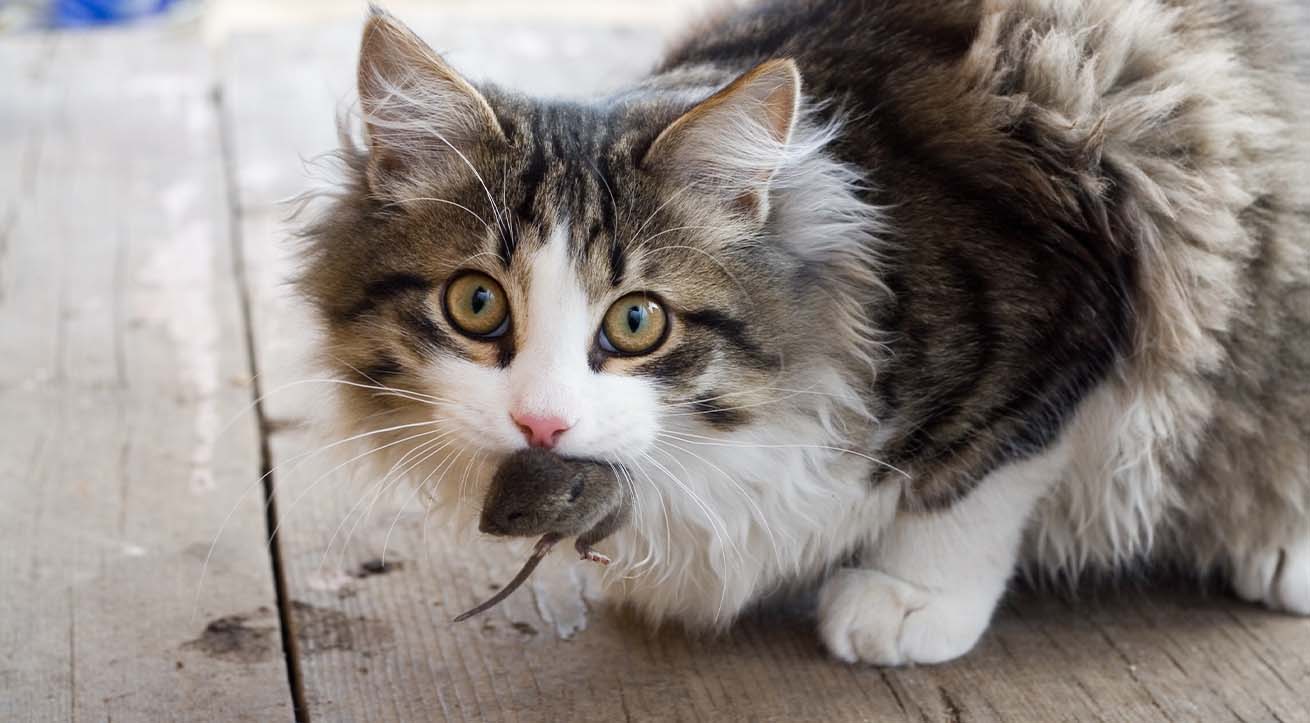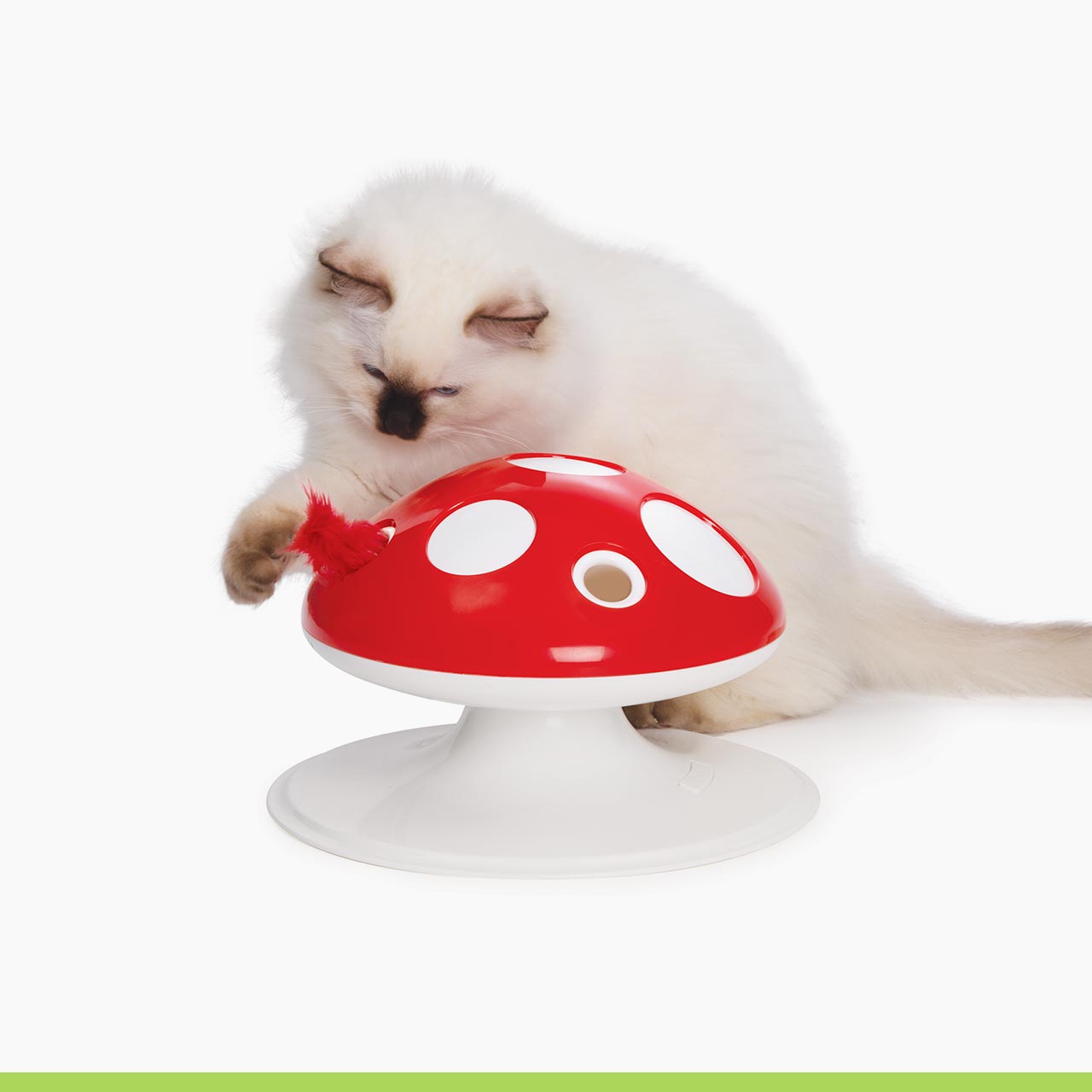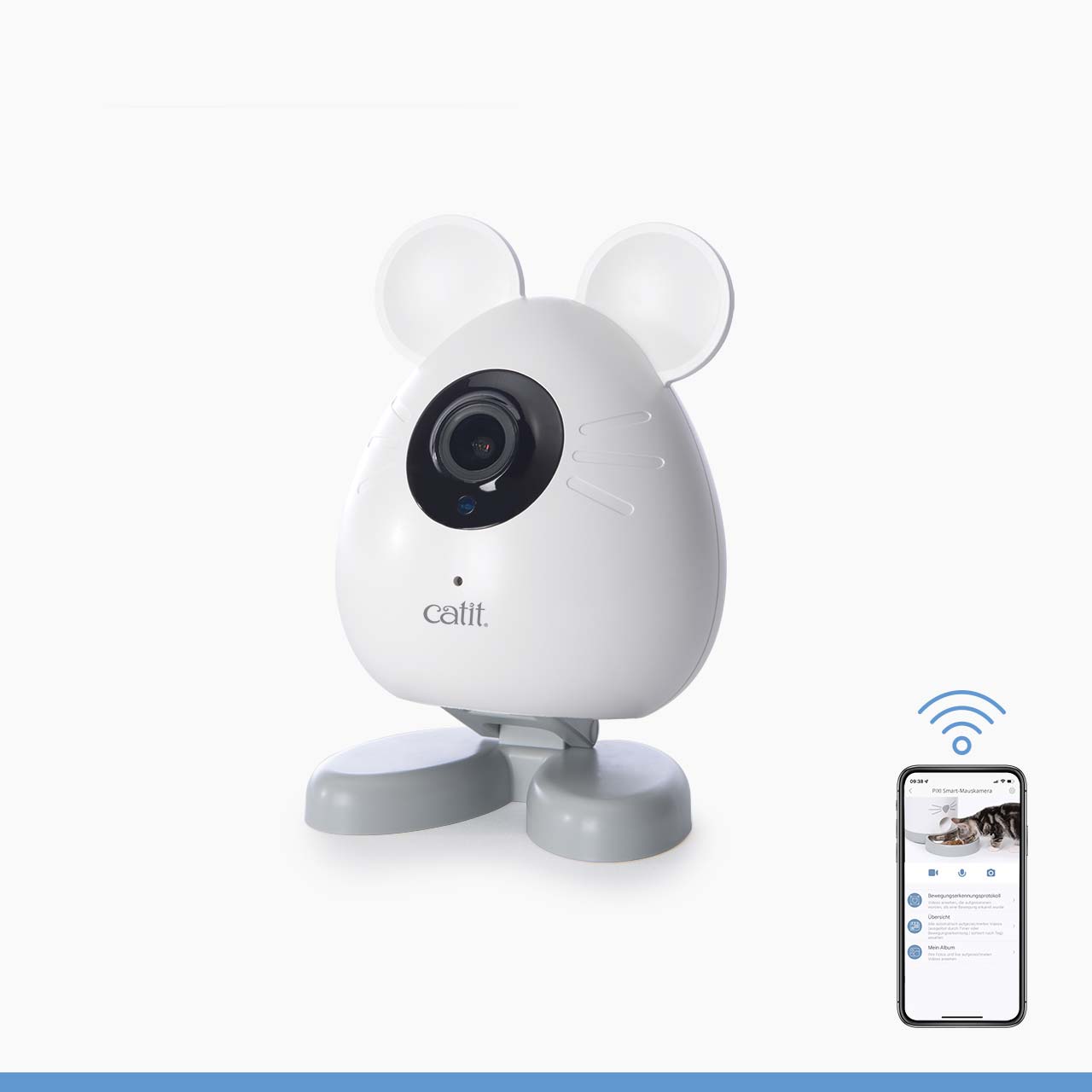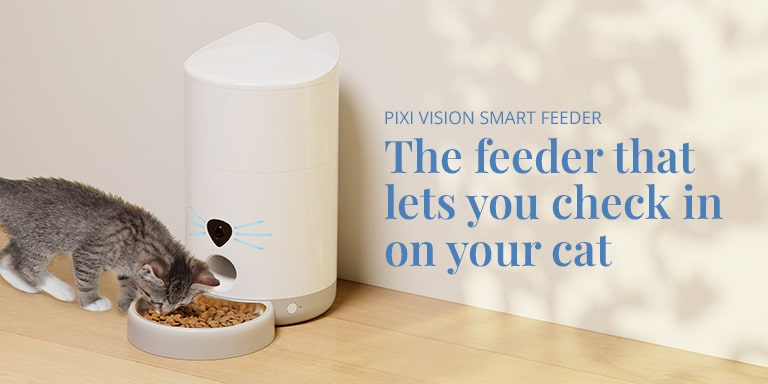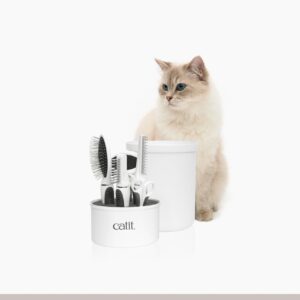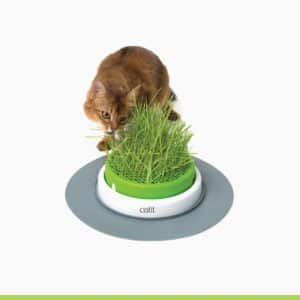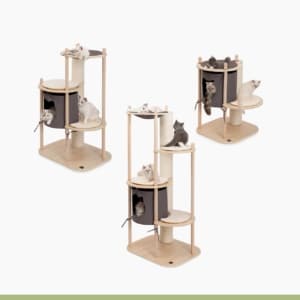In this article
What to do when you suspect your cat may have been poisoned?
Immediately call your vet when you suspect that your cat may have ingested any amount of rat poison. Symptoms often take hours or even days to appear, so make sure to take action as soon as you realize something may be amiss. Better safe than sorry!
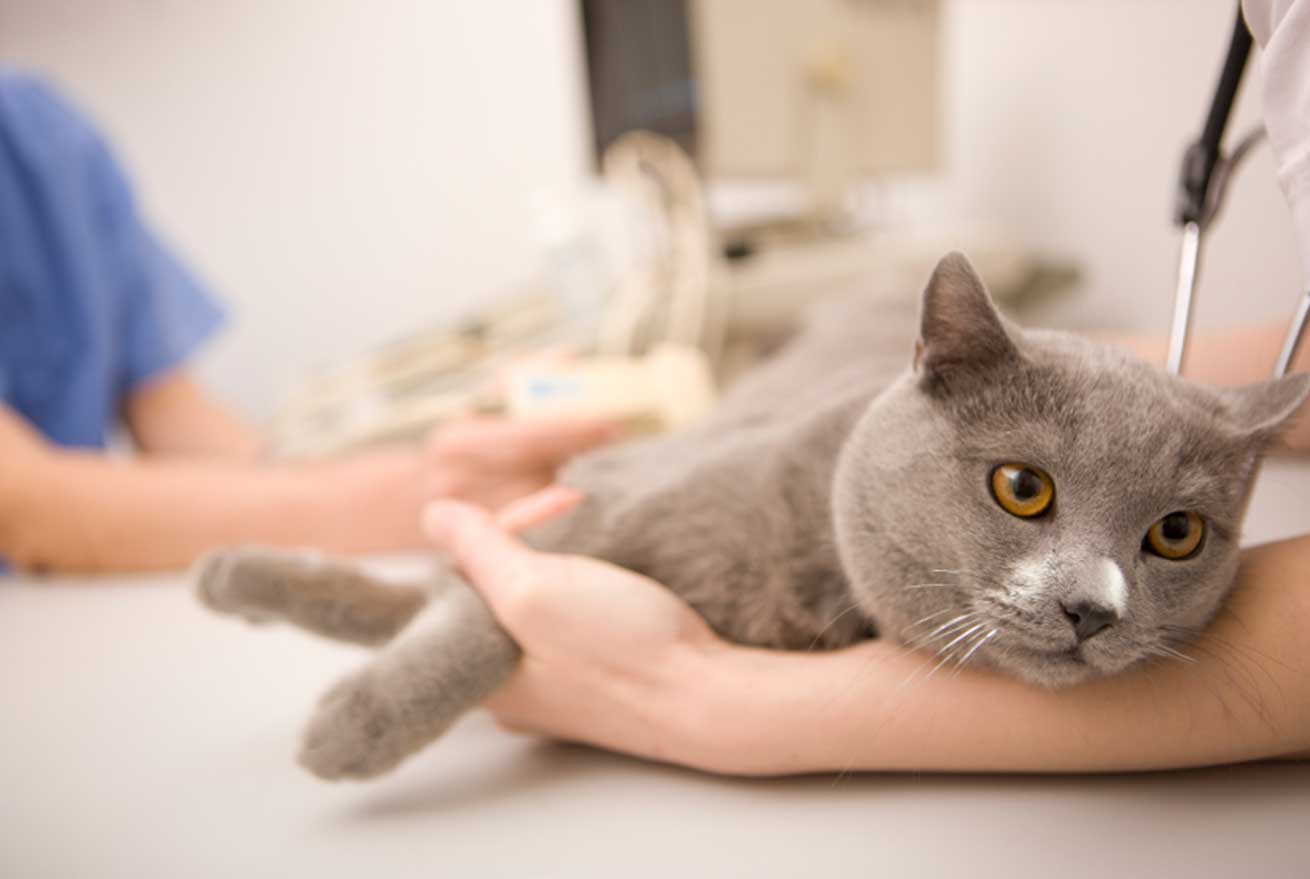
Types of rat poison and related symptoms
Anticoagulant-based rodenticides
This common type of rat poison kills rodents by preventing the animal’s blood from clotting. If your cat happens to ingest this rodenticide, symptoms may include pale, spotted, or red gums, nosebleeds, blood in the stool and/or urine, and rapid or difficult breathing. If you notice any of the above symptoms, rush your cat to the vet immediately.

Bromethalin
This neurotoxic type of rat poison deals with rodents by causing swelling in their brain. Should your cat consume bromethalin, the furry feline may show signs of dizziness, difficulty walking, muscle tremors, seizures, and paralysis. If you notice any of these symptoms, take your cat to the vet right away.
Cholecalciferol
Also known as vitamin D3, cholecalciferol works by increasing calcium levels in the bloodstream, which in rodents will eventually lead to kidney failure. Symptoms in cats can include increased drinking and urinating, vomiting, diarrhea, and abdominal pain. When a larger dose is ingested, symptoms can include rapid breathing or difficulty breathing, and an abnormal heart rhythm. If you notice any of the above symptoms, make sure to contact your vet.
Zinc phosphide
When zinc phosphide comes into contact with stomach acid, it tuns into the highly dangerous phosphine gas. Symptoms of zinc phosphide poisoning in cats include your cat’s breath smelling of onion or garlic, drooling, vomiting, and heart failure. If you notice any of these symptoms, rush your cat to the vet straight away.
General symptoms
Always be on the lookout for milder symptoms like lethargy, weakness, reduced appetite, vomiting, abdominal pain, and irritability, especially if they persist. In short, if anything seems off with your cat, it’s always a good idea to reach out to your vet.
What if my cat may have eaten a poisoned rodent?
In theory, cats can indeed get poisoned by eating rodents that have consumed poison, a situation called relay toxicosis. Luckily, this risk isn’t very high. For most poisons, a cat would need to eat several poisoned rodents over time before getting sick.
Zinc phosphide is probably the biggest concern when it comes to secondary poisoning. To prevent accidents from happening, always store rat poison away safely and never use rodenticide outside a bait station.
